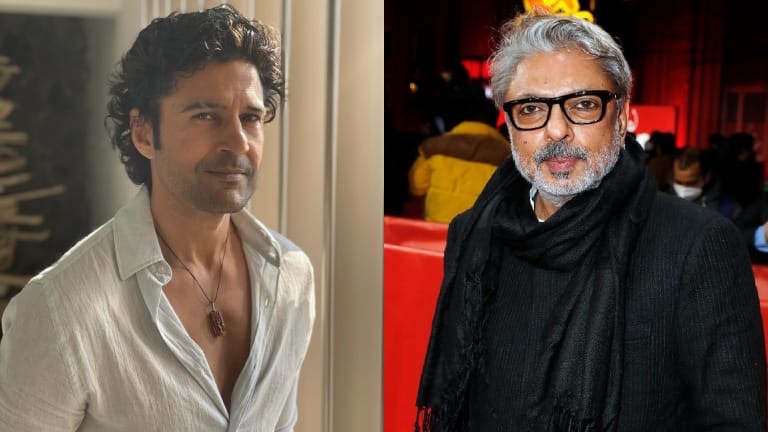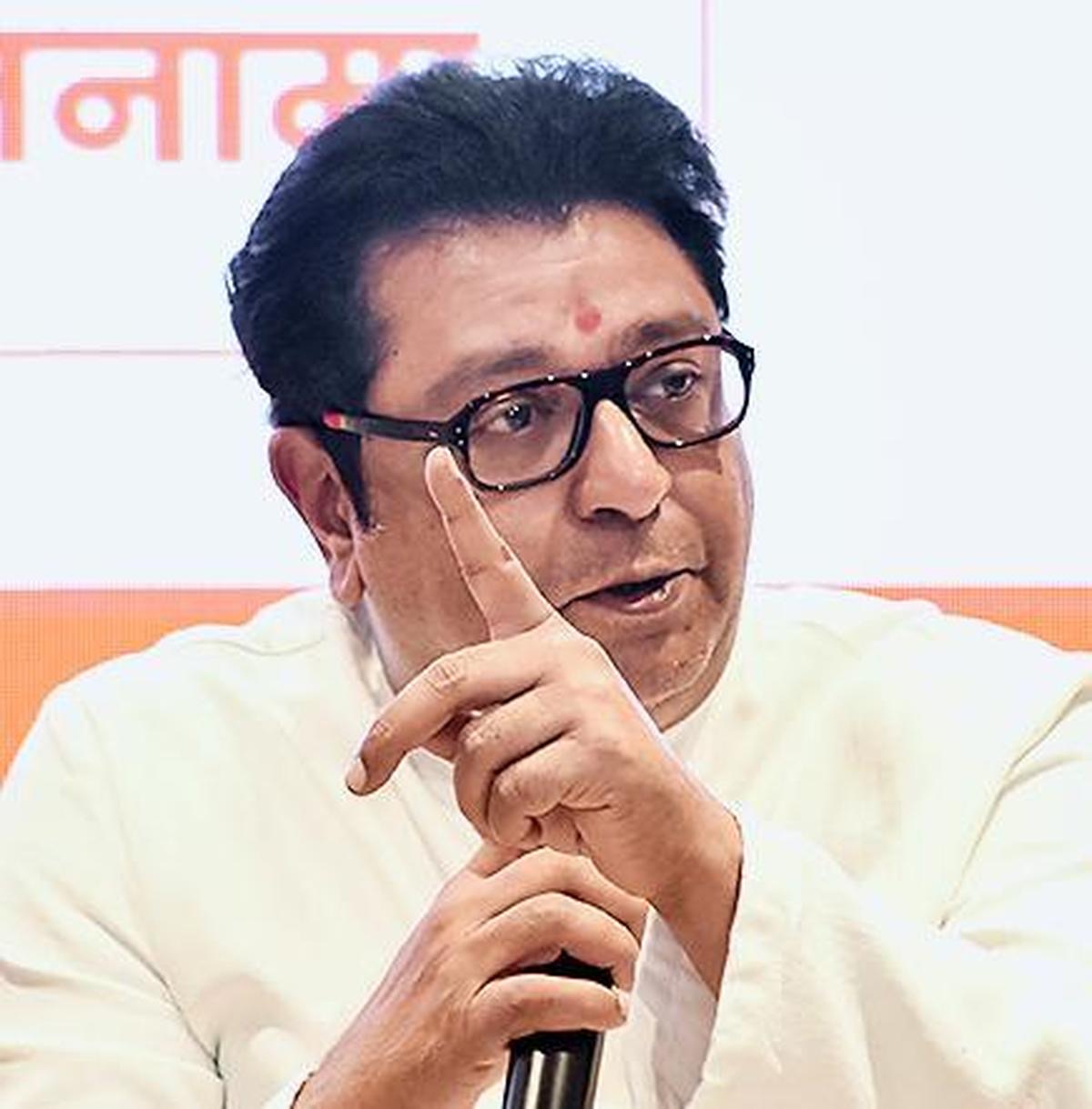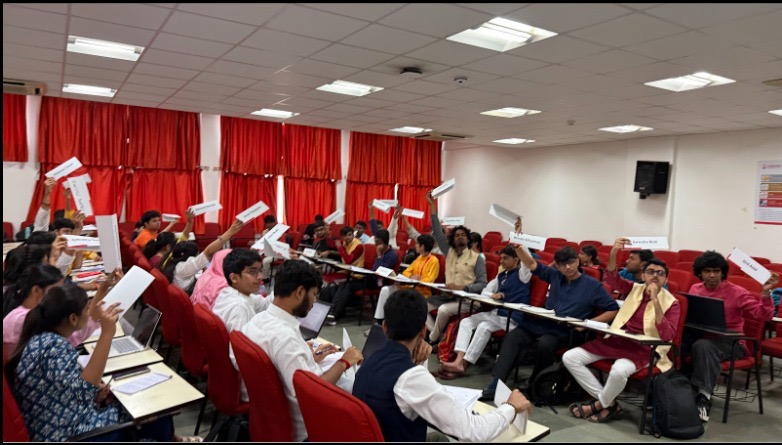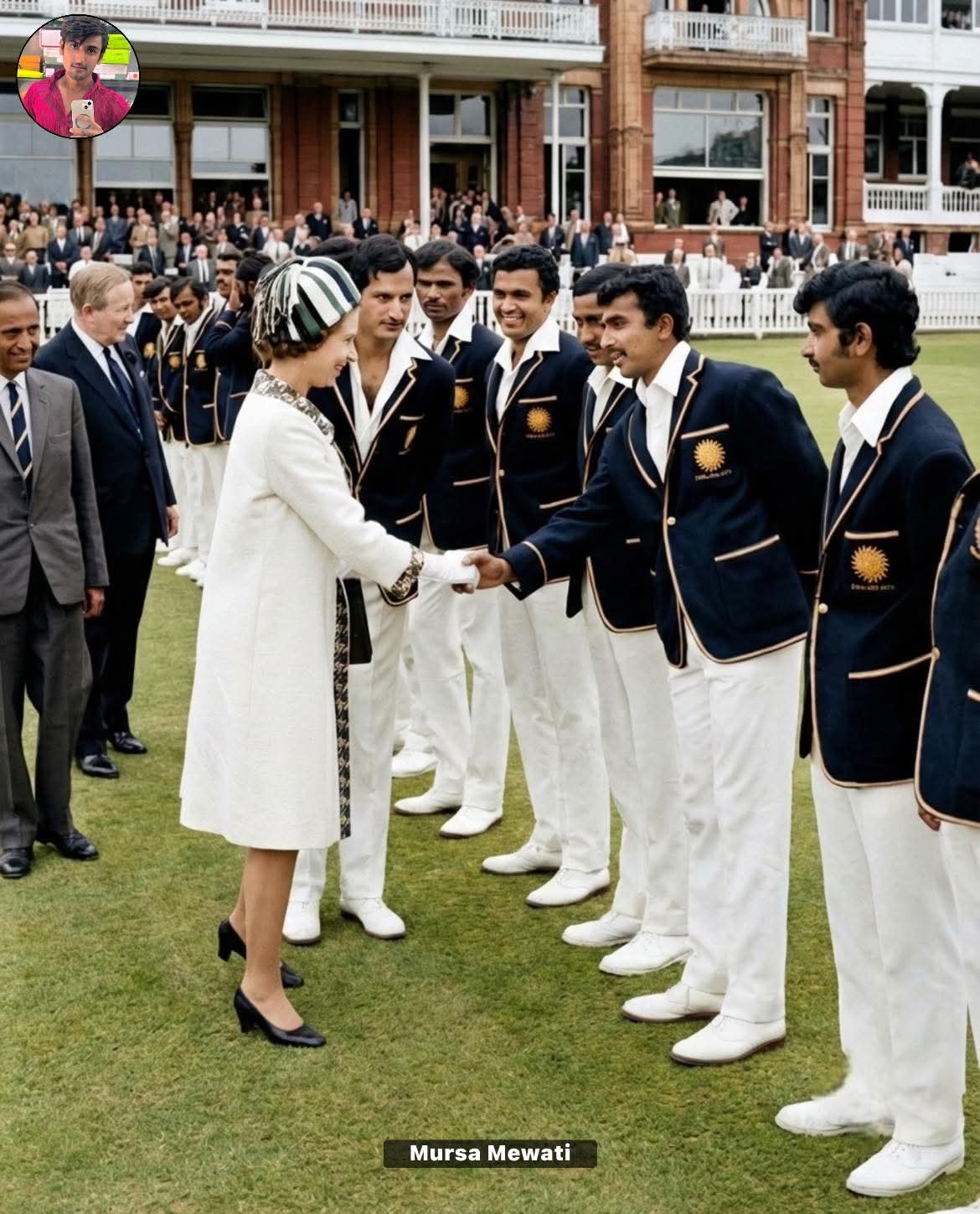Iiterary community questions on
Jnanpith honour done to Gulzar and Jagadguru Swami Rambhadracharya
This year’s announcement of the Jnanpith award to veteran poet and lyricist Gulzar and
Jagadguru Swami Rambhadracharya is being questioned by the literary community over its integrity.
The award,usually is given to only one litterateur per year, but this year it is for two eminent writers.
In 2009, 15 years ago, the Jnanpith honour was done to Shrilal Shukla and Amarkant while Gurdial Singh had shared the award with Nirmal Verma in 1999.
The Jnanpith Award instituted in 1965 is operated by the Jain family that runs the Times of India. The task of publication and awards is handled by a trust.
However, the latest announcement made for the 2023 Jnanpith voices the much-hyped ‘Amrit Kaal’.
The work of academies is often shadowed by governments. However, government interference is generally a hushed affair.
Hailing Swami Rambhadracharya as a ‘renowned scholar, educationist, philosopher, preacher and religious leader’, the award committee has given details of his association with the Ramanand sect and his religious positions.
It further comes to know that Rambhadracharya as a ‘renowned scholar, educationist, philosopher, preacher and religious leader well versed in
22 languages, is a ‘poet and writer’ of many languages including Sanskrit, Hindi, Awadhi, and Maithili, and has authored more than 240 books
He is said to have composed four epics, two are in Hindi, and has written commentaries on religious texts and is a well-known expert on Tulsidas’s Ramcharitmanas. Modi government honoured him with Padma Vibhushan in 2015.
What also surprises is that the Jnanpith announcement did not mention that Swamiji has continuously faced physical challenges because he lost his eyesight when he was two months old. There is also no mention that he is close to the prime minister who flew to Chitrakoot to inaugurate his 10,000-page Ashtadhyay commentary.
Swamiji had testified in favour of Ramlala Virajman in the Ram Janmabhoomi dispute. He was among the initial ‘warriors’ of the Ram Janmabhoomi movement, was at the forefront of the campaign to demolish the ‘tainted structure’, and went to jail too. He denigrates the leaders of Shiv Sena, Samajwadi Party and Congress by name and calls them ‘fools’.
He is also known to make controversial statements regarding Pakistan occupied Kashmir (PoK). Recently, he was appointed the guardian of Ramjanmabhoomi Pranpratistha. He retaliated against Jyotirmoy Shankaracharya for calling the pratishtha not scriptural. The temple trust also kept reiterating that the consecration is taking place under the guidance of Ramanandi sect.
Meanwhile Gulzar, the second nominee for the Jnanpith, is a prominent personality of Hindi cinema. He is a successful filmmaker who has made many interesting films and has expertise in scriptwriting and songs.
He has received the Filmfare Award 22 times, National Film Award six times, Dadasaheb Phalke Award, Padma Bhushan and even a Grammy and Oscar (with AR Rahman) for song-writing. He is a popular cine-lyricist and his poetry gained great fame after receiving the Sahitya Akademi Award for an Urdu short story collection in 2002.
In the last few years, he has emerged as a popular face of literature festivals in Jaipur and other cities. The series of so-called literary festivals has set up a market with mainly English publishers, writers’ agents and renowned writers, politicians, actors, singers, and anchors. The market itself bears their expenses.
Like the glittering world of cinema, in these ‘literary’ fairs too, people are more interested in getting a glimpse of popular figures, taking selfies with them or displaying their fashion sense, rather than expressing their love for literature (or rather books, because even a cookery book can be ‘launched’ there).
The only concern is that perhaps the semblance of lit-fests has started influencing serious literary awards.
The turmoil of society and politics did not become the concern of his ghazals or poems. Even in romanticism, there was reiteration in different forms.
Bharatiya Jnanpith mentioned Swamiji’s birthplace as Jaunpur in its announcement but Gulzar sahab’s birthplace (Dina, Pakistan) was left out. In the introduction, his identity as an Urdu poet has been downplayed and mentioned only after Hindi. The introduction goes: ‘Sampooran Singh Kalra, popularly known as Gulzar, is a famous lyricist of Hindi films. Apart from this, he is a poet, screenwriter, film director, playwright and a famous poet.”
“His works are mainly in Hindi, Urdu and Punjabi… Gulzar has been setting new milestones in the field of literature. In poetry, he invented a new genre “Triveni” which is a non-mukaffa poem of three lines.”
Trivenis were regularly published in Sarika in the 1970s, when Kamleshwar was the editor. Gulzar used to give the third verse a shocking twist which became like a game at times.
While he is a good man, an accomplished filmmaker and a popular lyricist, there are more profound creators in literature than him. There has been some discussion on social media about this, though not enough.
Hindi poet and editor Vishnu Nagar posted on Facebook that the neglect of Vinod Kumar Shukla, and other writers who have done great work and carved a niche in Hindi fiction, poetry and children’s literature, is disappointing. However, apart from Hindi, many prominent writers in other Indian languages are still beyond the realm of Jnanpith.
Critic Shambhunath has called it the ‘downfall of the Jnanpith Award’. Virendra Yadav believes that the devaluation of Jnanpith began when Shahryar was handed the award by Amitabh Bachchan. ‘In status, it has now become like a dustbin’s beauty.’
After reading ‘lyricist Gulzar’ written in the release of Jnanpith press release, writers began comparing the announcement with Bob Dylan getting the Nobel Prize. It does not seem appropriate at all.
During his time, Dylan had shaken the conservative mentality of America with ideological excitement. Paired with American traditional music, his songs created a new political idiom.
Bob Dylan raised his voice in favour of freedom, peace and justice. He wrote against war, nuclear threat, racism and slavery, sang against contempt and violence against the African-American community at the hands of whites, stood in support of protesters and their demonstrations in his compositions and gave strength to the voice of civil rights.
Dylan, in his entirety, was a voice of resistance. American society was in dire need of voices that could call out and say:
All said it is the era of ‘New India’, in which lyricists, stage poets, storytellers (one can even find all these qualities in one person) are awarded.
Nowadays Awards are not offered but procured even the Filmfare award.
News Edit K.V.Raman













